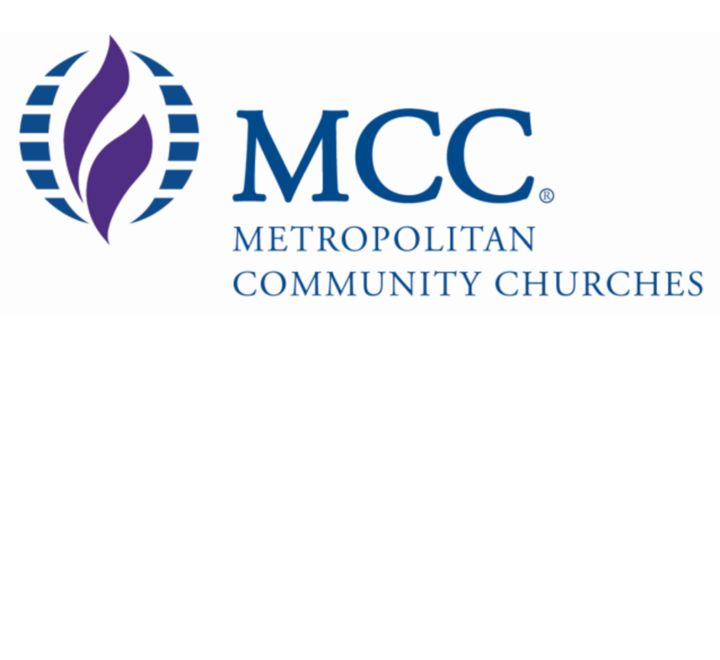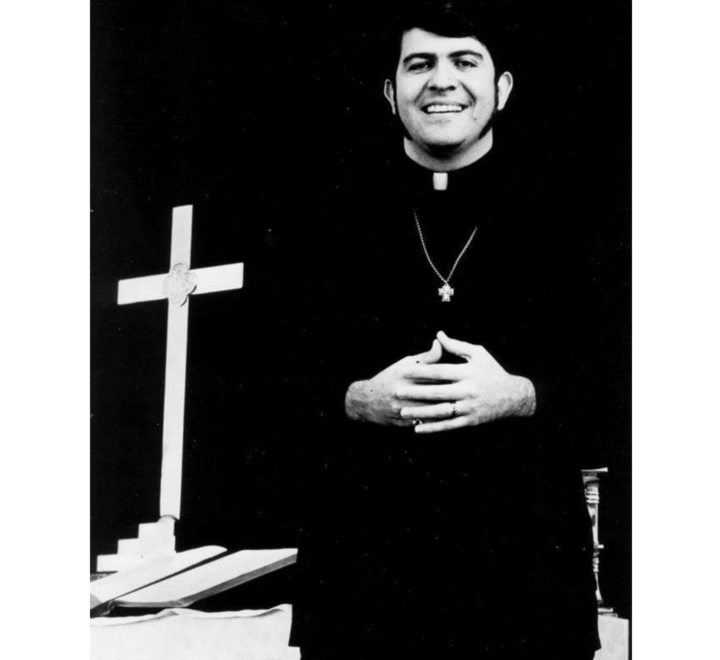In 1968, a year before New York's Stonewall Riots, a series of most unlikely events in Southern California resulted in the birth of the world's first church group with a primary, positive ministry to gays, lesbians, bisexual, and transgender persons.
Those events, a failed relationship, an attempted suicide, a reconnection with God, and an unexpected prophecy led to MCC's first worship service: a gathering of 12 people in Rev. Troy Perry's living room in Huntington Park, California on October 6, 1968.
That first worship service in a Los Angeles suburb in 1968 launched the international movement of Metropolitan Community Churches, which today has grown to thousands of members and adherents in over 200 congregations now around the globe. During the past 40+ years, MCC's prophetic witness has forever changed the face of Christianity and helped to fuel the international struggle for LGBT rights and equality.



